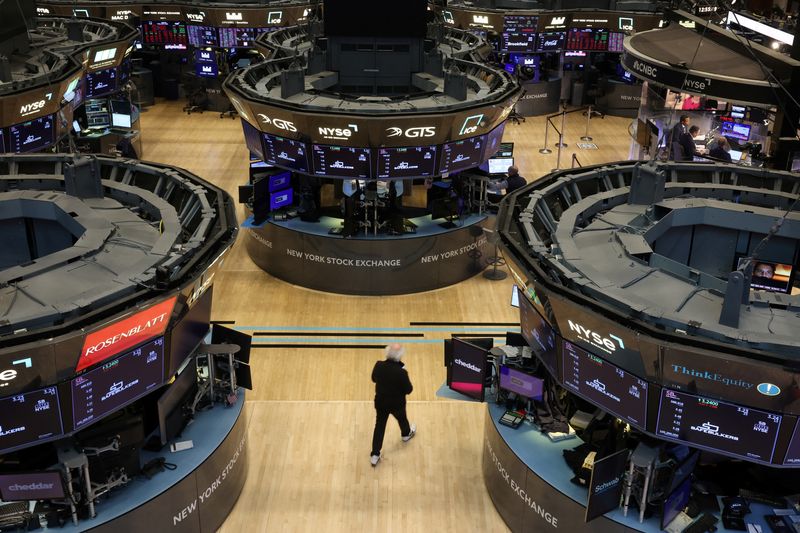Market Meltdown: Futures Plunge as Wall Street Braces for Turbulent Trading Day

Global financial markets braced for turbulence as Wall Street stock futures plummeted on Sunday, signaling a potentially volatile start to the trading week. Investor sentiment turned sharply negative following President Donald Trump's recent announcement of comprehensive tariffs against key U.S. trading partners, raising serious concerns about a potential economic recession.
The pre-market indicators painted a grim picture of market sentiment. S&P 500 E-minis futures nosedived by 4.27%, dropping 218 points to 4,892.25. Similarly, Dow E-minis experienced a dramatic decline of 3.96%, tumbling 1,524 points, while Nasdaq 100 E-minis fell 4.58%, shedding 804 points.
These steep declines reflect growing investor anxiety about the escalating trade tensions and their potential long-term economic implications. Market participants are closely monitoring the situation, anticipating significant market volatility in the coming days as the potential trade war threatens to disrupt global economic stability.
